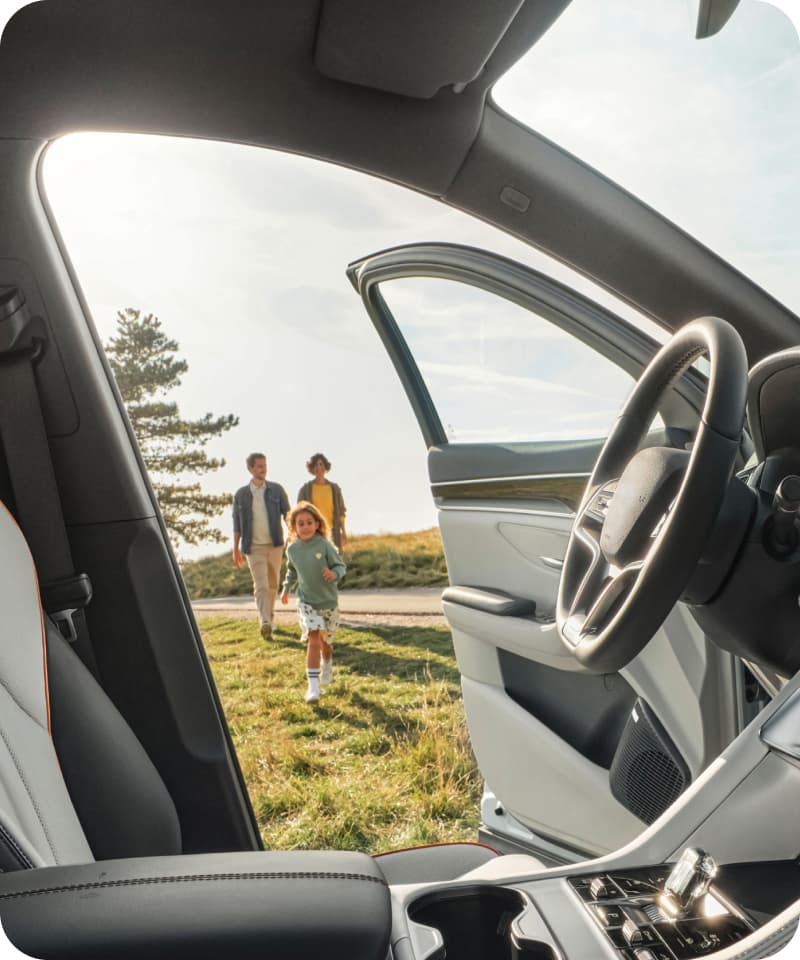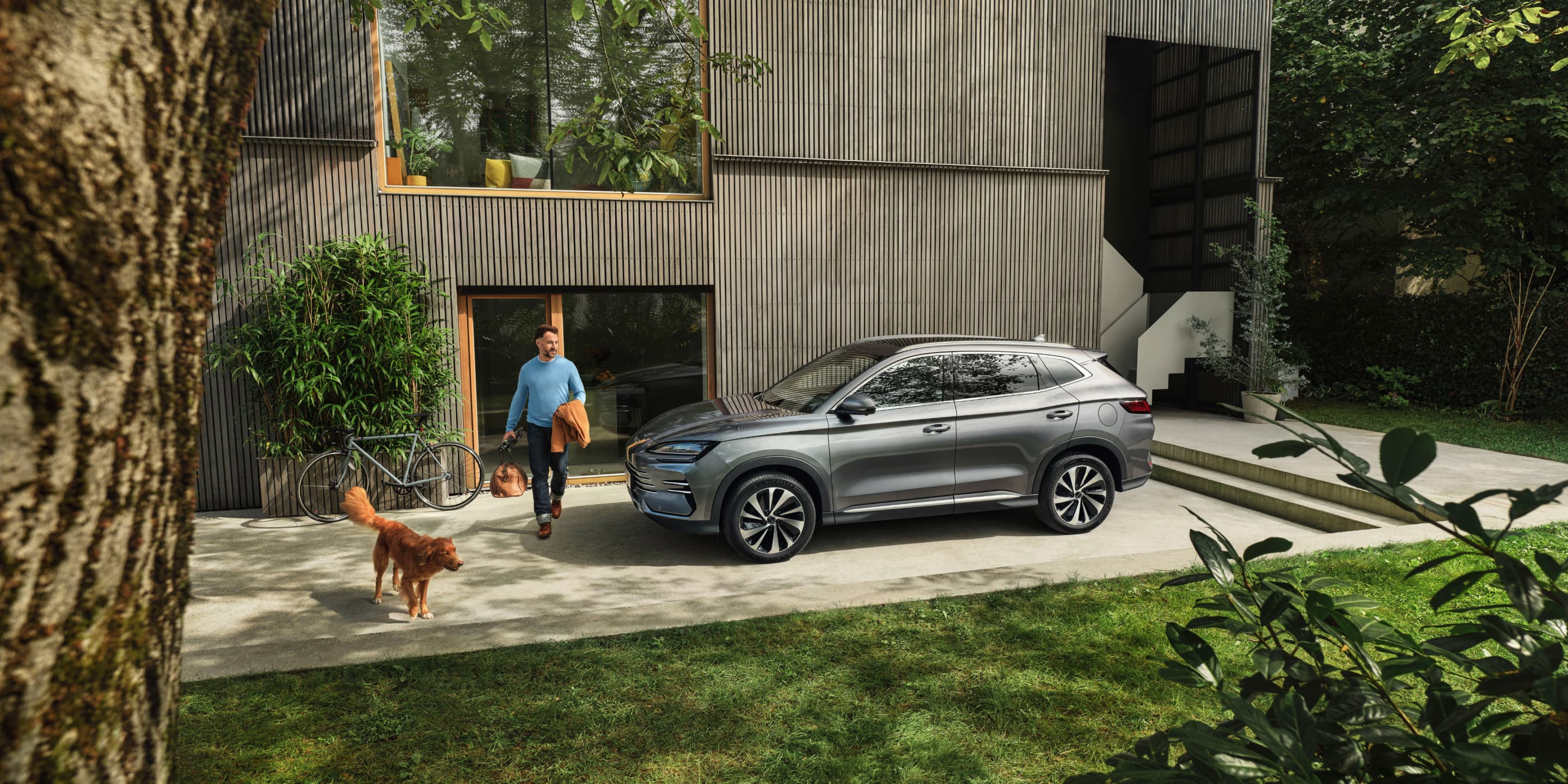




Hybrid cars use more than one power source – an internal combustion engine and an electric motor. Both of these components work together to propel the car, improving fuel efficiency so drivers can drive further on less fuel. Hybrid cars can be driven in fully electric mode or powered by the internal combustion engine alone when the electric charge has depleted.
There are three different types of hybrid cars: mild hybrid, hybrid, and plug-in hybrid.
For more information on these three hybrid car types, read our guide on MHEV vs. HEV vs. PHEV .
Comparing your options? Find out more about BYD electric cars, the benefits of electric cars and how to charge an electric car to help you decide which is best.
